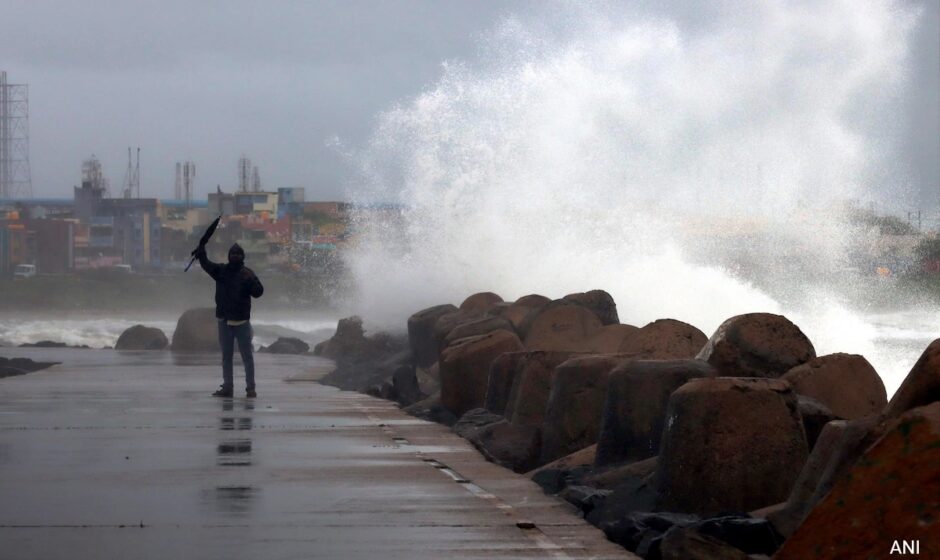As the Arctic ice caps continue to melt at an alarming rate, a chilling consequence awaits the Arabian Sea: a potential increase in the frequency and intensity of cyclones. This stark warning comes from scientists at the National Institute of Oceanography (NIO), Goa, who have analyzed data spanning decades to uncover a disturbing link between Arctic warming and cyclone activity in the region.
Their research reveals a significant correlation between the decline in Arctic sea ice and an increase in the formation of cyclones in the Arabian Sea during the post-monsoon season, particularly from 1998 to 2021. Scientists attribute this phenomenon to the complex interplay of atmospheric and oceanic factors triggered by Arctic warming.
The melting ice caps alter the global atmospheric circulation patterns, weakening the vertical wind shear – a critical factor that governs the development and intensity of cyclones. This weakening, coupled with the warming of the Arabian Sea, creates a favorable environment for the formation and intensification of cyclones.
This research paints a worrying picture for the future of the Arabian Sea region, which historically experiences devastating cyclones. Increased frequency and intensity of these storms can have catastrophic consequences, including coastal erosion, flooding, infrastructure damage, and loss of life.
The findings of the NIO scientists urge a global call to action. Addressing the issue of climate change, particularly the rapid warming of the Arctic, is crucial to mitigating the threat of more frequent and intense cyclones in the Arabian Sea. This necessitates collaborative efforts on a national and international level to reduce greenhouse gas emissions and adopt sustainable practices that protect our planet.
The fate of the Arabian Sea and the communities it sustains depends on our collective commitment to tackling climate change. The chilling forecast from the NIO scientists serves as a stark reminder of the urgency of action and the potential consequences of inaction.

